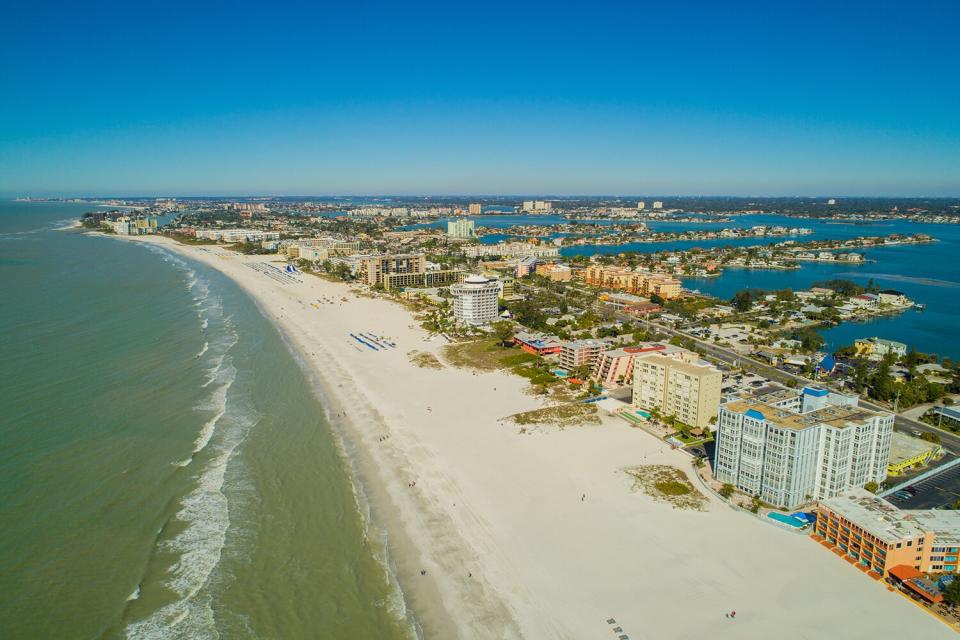U.S. COVID Cases Are 5 Times Higher Now Than Last Memorial Day Weekend

Getty Beach
Throughout the U.S., precautions for COVID-19 such as mask mandates and vaccine requirements have been largely dropped, and Americans are almost entirely back to their pre-pandemic activities. Yet cases are actually higher now than this time last year, when half of the country was newly vaccinated and before the omicron variant had struck.
This Memorial Day weekend, the reported number of COVID-19 cases in the U.S. was easily above 110,000 a day, five times that of the year before, when the average number of cases hovered around 20,000 a day. The daily average is also now a significant undercount, with most people testing positive on rapid tests that go unreported or foregoing testing altogether.
Case numbers are once again high this spring with omicron and its subvariants BA.2 and BA.2.12.1 easily infecting people, even those who are vaccinated and boosted. Large portions of the country — particularly the Northwest, Midwest, Florida and the West Coast are seeing medium or high levels of transmission, according to the Centers for Disease Control.
RELATED: COVID Cases Are Soaring Once Again with New Omicron Subvariant BA.2.12.1
Despite the rise in cases, hospitalizations and deaths have largely remained stagnant, and are still lower than last year. With around 67% of the country fully vaccinated — which is still far lower than what health experts hoped — and omicron producing a milder illness than past versions of COVID-19, the U.S. is seeing around 300 deaths a day, down from around 550 last year.
That is still a staggering number, and the U.S. hit 1 million deaths from COVID-19 earlier this month.
With the risk of getting COVID still high, Jessica Malaty Rivera, an infectious disease epidemiologist and senior advisor at the Pandemic Prevention Institute, previously told PEOPLE that she's advising people to take more precautions.
"I'm encouraging my family and my community to continue to layer high-quality masks when indoors and to avoid unnecessary high-risk things like indoor dining and indoor activities, unless it's absolutely necessary," she said. "I think that it's important that people remember that surges don't last forever, and that public health mitigation works best when you are considering each method as a layer of protection."
RELATED VIDEO: Here are Some Myth-Busting Facts About COVID-19 Vaccines
Rivera said that people who already got COVID-19 are getting reinfected, and that prior infection does not make people immune.
"A lot of people got sick in the winter surge, and we're at that 90-day mark now for a lot of people to be reinfected," she said. "Breakthrough infections shouldn't be a surprise, but the vaccines are still doing their job of keeping people out of the hospital and keeping people alive."
RELATED: What to Know Now About COVID as It Surges Again: 'These Case Numbers Are a Severe Undercount'
And though COVID-19 is spreading rapidly, inducing a feeling that getting it is inevitable, people should still work to stay healthy.
"While statistically speaking, everybody may have an encounter with the virus and possible infection with the virus, you still want to avoid it because there's still so many unknowns about who gets long COVID and who doesn't," Rivera said. "We can't say with uncertainty who gets long COVID and who doesn't. And I think that that's too much of a risk factor for folks to play that game."

 Yahoo Sports
Yahoo Sports